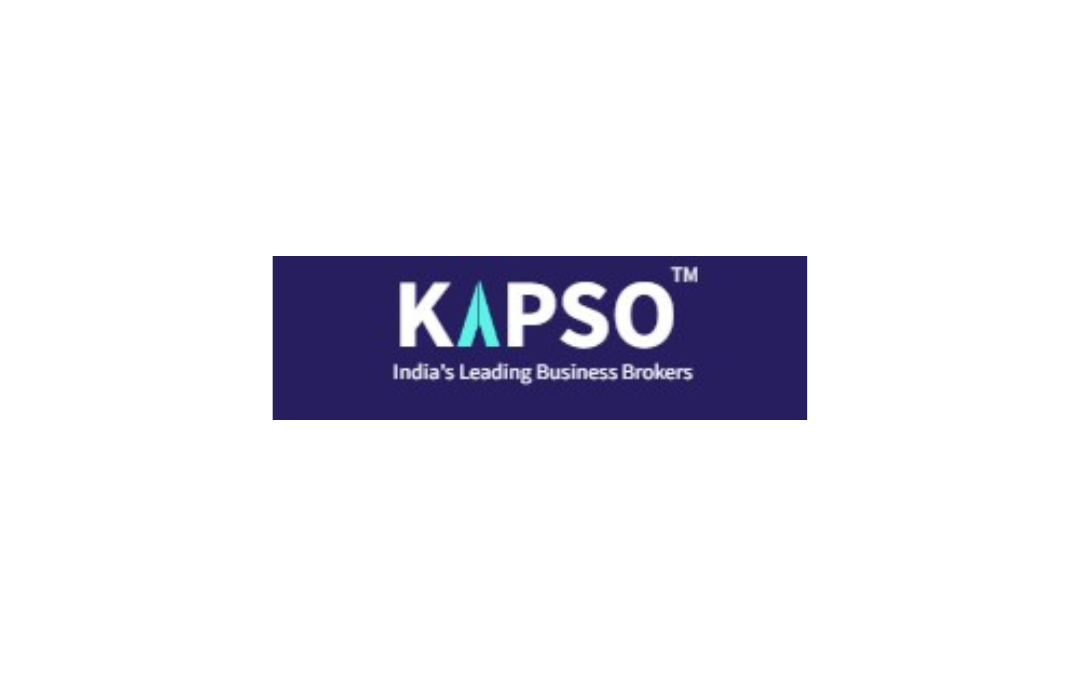Determining the actual worth of your business can be a complicated task. Whether you’re a lender finding out whether a business is a worthwhile investment or know how much your business is worth before making a strategic exit, you need to learn potential methods for business valuation.
Knowing how much your business is worth gives you a solid foundation to build on and helps to develop an actionable plan for the future. Entrepreneurs often find themselves stuck with plenty of tasks and wear many hats at the same time, so it can be difficult to manage it all. Therefore, it is ideal to acquire Business Valuation Services to analyze the fair value of your company and reach out to potential buyers and investors with confidence.
What is Business Valuation?
Business valuation refers to determining the real value of an enterprise. For instance, if an entrepreneur wants to sell their business to shift to a new project, they need to know the worth of their business, so they can ask for a reasonable price, resources, and other elements.
Similarly, an investor may wish to value a company to determine whether it will likely turn into a profitable deal and how much they offer to an owner if they would purchase it.
You can evaluate a company’s value in a variety of ways. In many cases, it is viable to calculate a business value using several methods or formulas to get a holistic picture of an enterprise and its current value.
Methods to Determine a Business Value
1. Know its Book Value – A company’s book value is essentially its worth on paper, typically identified by examining the information on a corporate balance sheet. Book value can be a great way to get a quick and easy overview of a business’s rough financial worth.
2. Perform a Cash Flow Analysis – You can use a discounted cash flow analysis to get value estimation based on the cash flow the organization is likely to generate. It allows you to determine the future value of a company based on its current cash flow and associated factors.
You divide terminal cash flow by expected capital and the company will own years into the future. This valuation approach is beneficial because it shows how well a company can generate liquid assets.
3. Measure Enterprise Value – Enterprise value is a great way to get the raw financial value of a company. It is best to work with business valuation firms to evaluate a company’s worth through professional’s assistance. To determine enterprise value, combine the company’s equity and debt, then subtract the cash it doesn’t use to fund its operations.
4. Add Up to its Net Asset Value – If you want to sell your company for a reasonable price, you can tally up all the value of your net assets. Further, add up the value of everything your business owns, such as equipment, inventory, or real estate. That can be a powerful way to bargain when you want a reasonable price for your exit.
Conclusion:
The valuation model you should pick for your business depends on the circumstances. Nevertheless, you can try at least a couple of methods in combination to get a rough estimate. You can always use help from business valuation specialists to create proper reports, financial analyses, and get an accurate value.
If you are having a hard time dealing with ample tasks and payroll, a third party can do it for you. This way, you can get mathematical figures without letting errors or preconceptions get in your way. If you’re entering a business valuation with investors, always do your homework, understand key terms, and get expert advice in this matter to know the fair market value of your firm.


